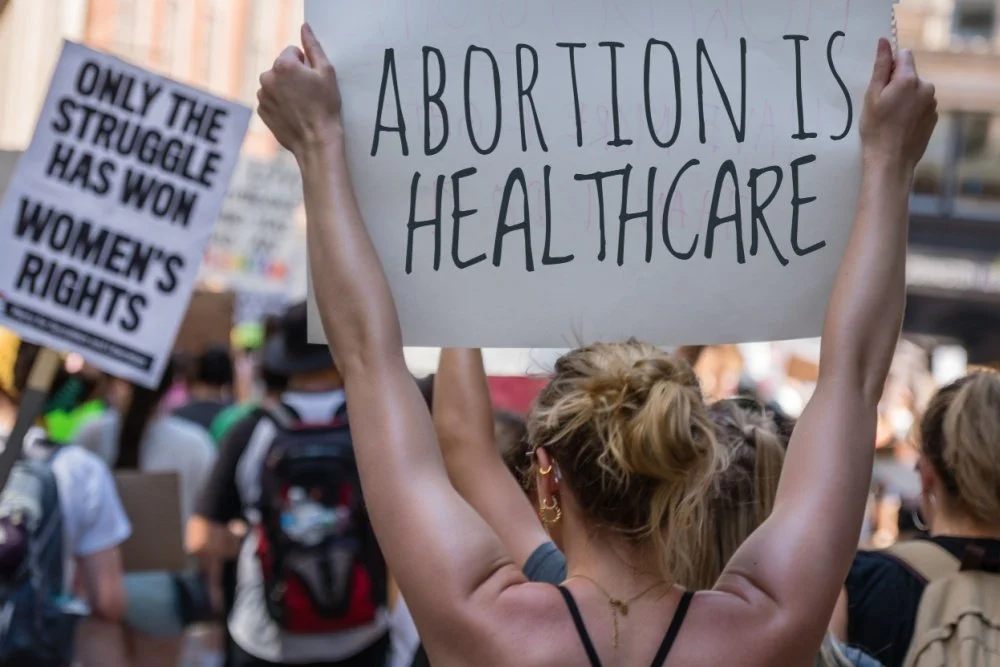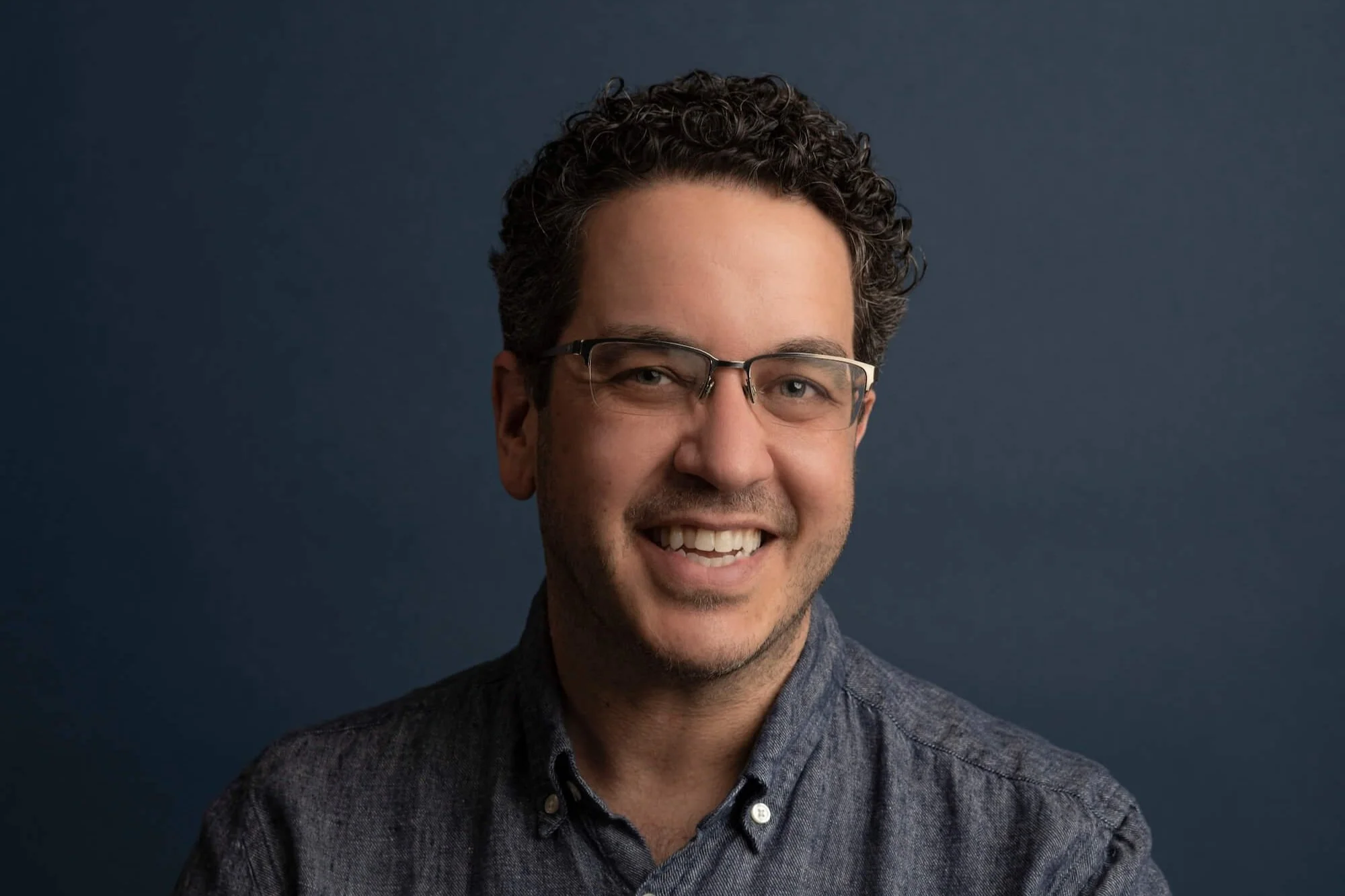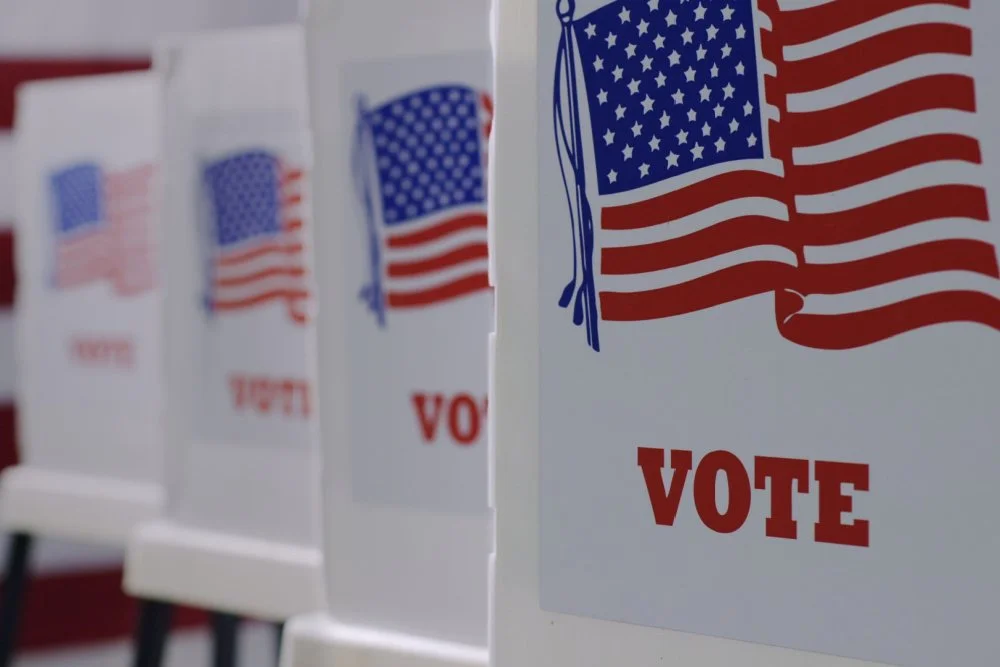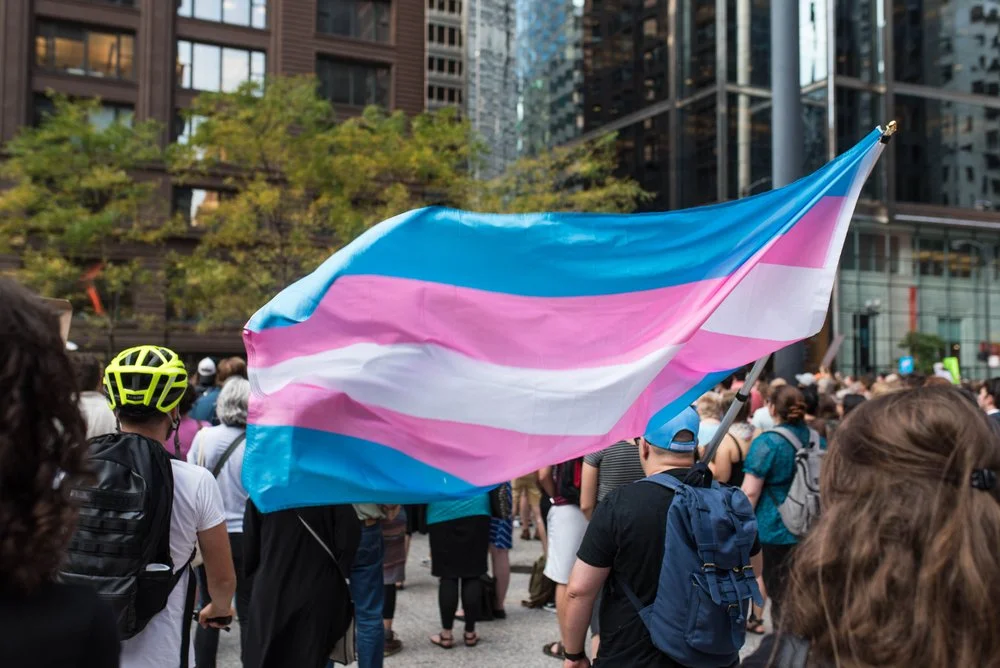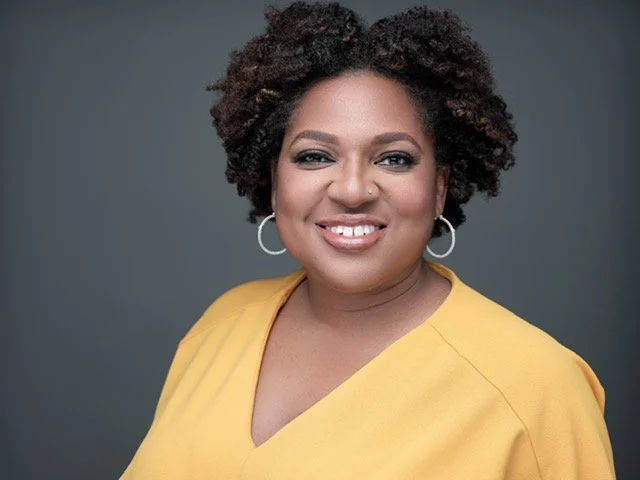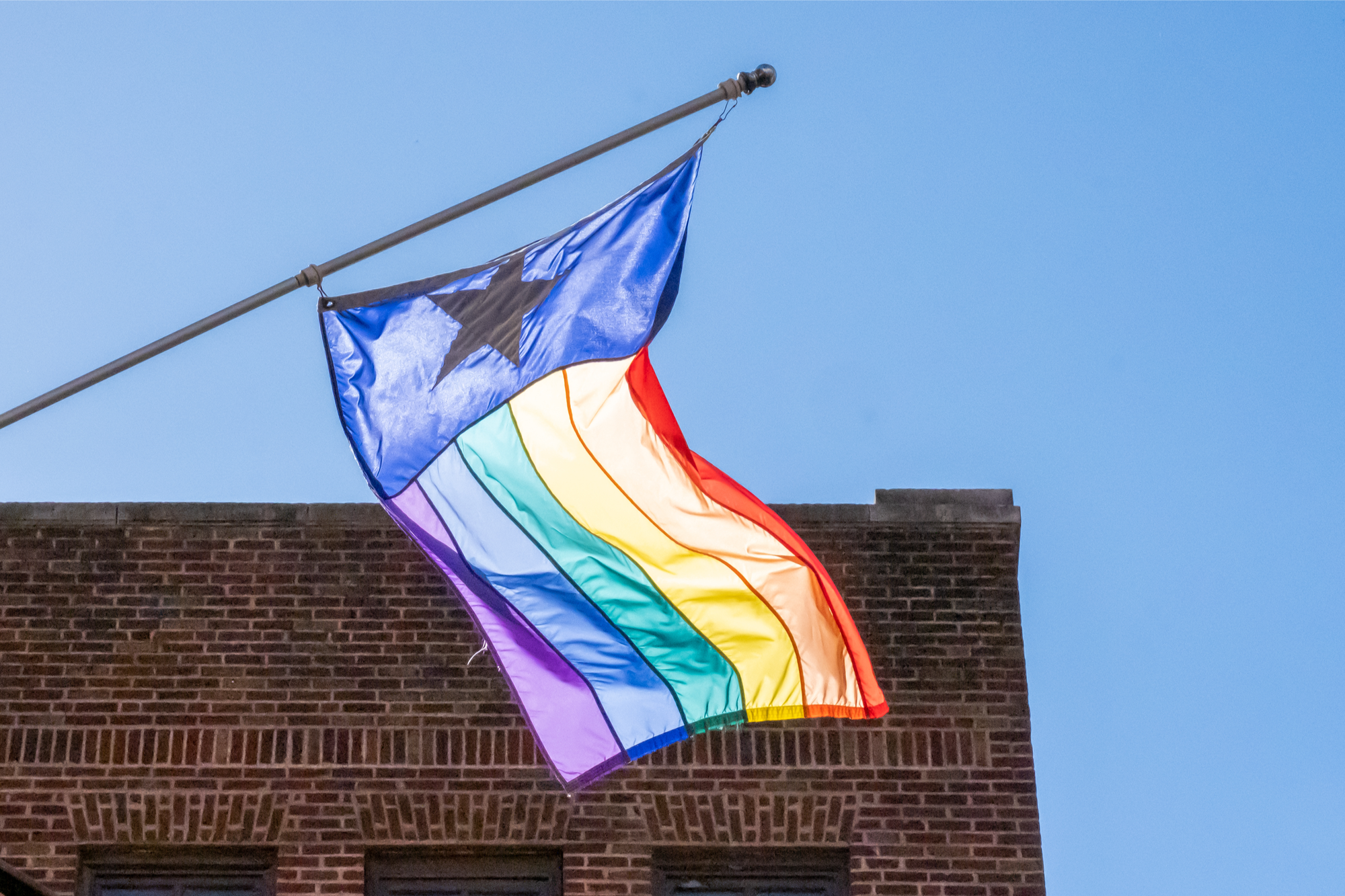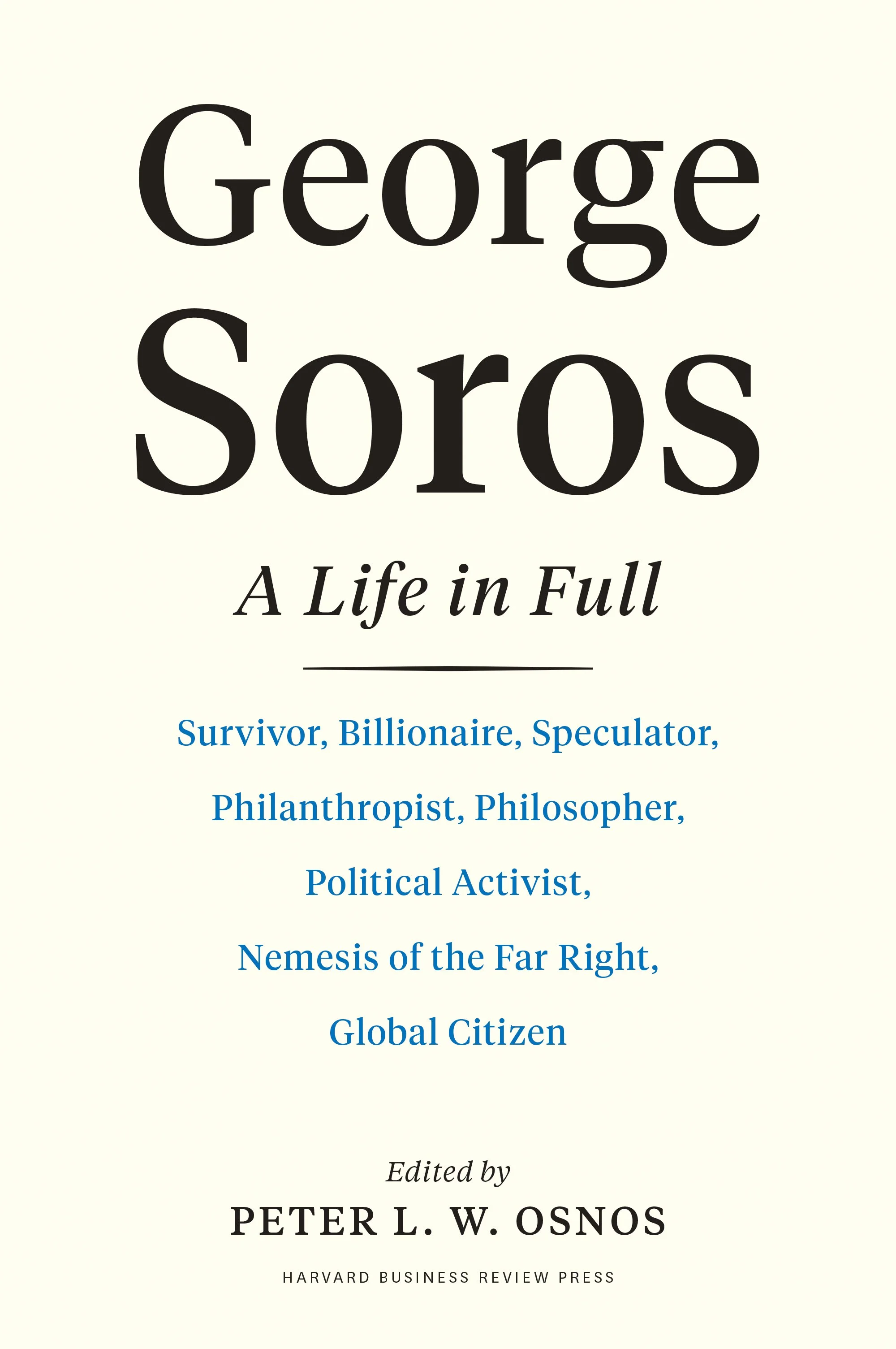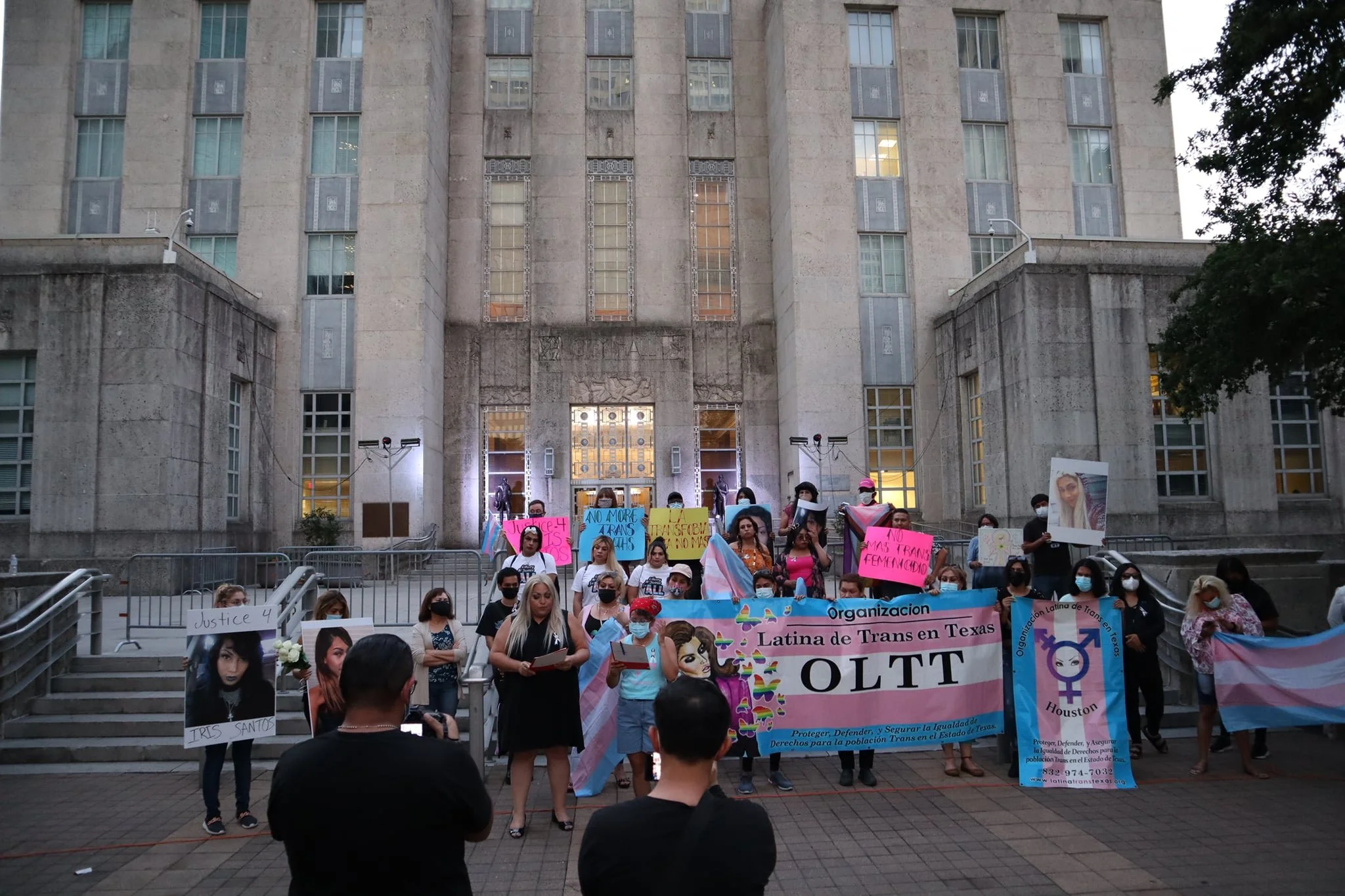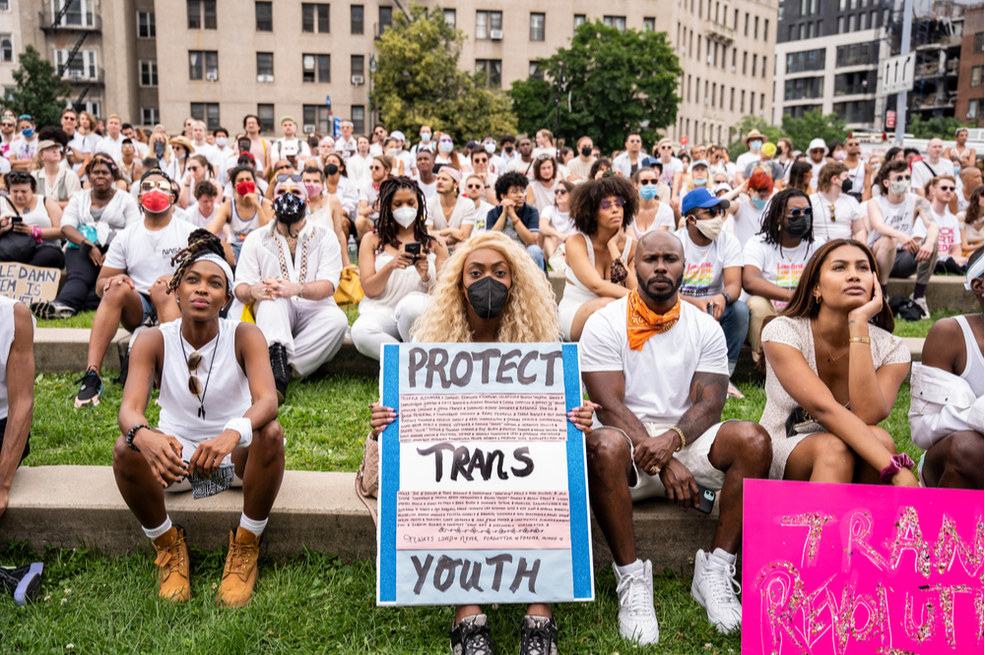With Transgender Communities Under Attack, Funders Are Stepping Up
/While LGBTQ communities have made huge strides over the last decade, including with marriage equality in the U.S., a backlash of anti-LGBTQ rhetoric and policies has risen in response. Trans communities have borne the brunt of many attacks, with their basic rights being challenged or withdrawn, ranging from freely using the bathroom to serving in the military. In America and around the globe, trans individuals are abused, criminalized and marginalized. Recent research from Grantmakers United for Trans Communities (GUTC) —an initiative Funders for LGBTQ Issues launched in 2017—shines a light on the contemporary transgender experience and trans-focused philanthropy.
While data on the numbers and lives of trans people is limited, it is estimated that there are more than 1 million trans people living in the U.S. who are “out.” Philanthropic funding for these communities is on the rise, growing from about $3.6 million in 2012 to a record high of about $22.6 million in 2017. But compared to total U.S. foundation giving of approximately $66.9 billion in 2017, we see a group that makes up at least 3 percent of the population receiving about 0.034 percent of funding. Overall, LGBTQ funding by U.S. foundations reached $185.7 million in 2017.
Trans organizations around the world are deeply under-resourced; a 2016 report found more than half of these groups globally had budgets of less than $10,000. GUTC reports trans people in the U.S. are more likely to be poor, largely due to workplace discrimination and barriers; 15 percent live on less than $10,000, compared to 4 percent of the general population. It is more common for them to be homeless and to have HIV. Almost one in five black transgender women live with HIV/AIDS. Lack of societal acceptance, accurate personal identification and appropriate healthcare are also challenges. The Human Rights Campaign also points out that “fatal violence disproportionately affects transgender women of color.”
Numbers can’t tell a whole story, but they serve as helpful guideposts. GUTC project director Alexander Lee tells Inside Philanthropy that this is the best time for philanthropy to “step up its support for trans communities” because “transgender people are under active attack by the Trump Administration and scores of anti-transgender bills, many targeting transgender children, are moving their way through state legislatures right now.”
Who Funds Trans Communities?
Between 2015 and 2016, GUTC identified the top 10 funders of U.S. transgender communities, with support ranging from about $960,000 to about $4.4 million. Contributions from these top 10 funders made up more than 70 percent of trans funding. This shows that while trans and LGBTQ grantmaking has risen in recent years, trans causes need a broader and more diversified funding base. To get a snapshot of the current giving landscape, we asked a few consistent supporters how trans issues fit into their grantmaking.
The top giver to U.S. trans communities between 2015 and 2016 was the Arcus Foundation, a long-term backer of LGBTQ causes. It was the top LGBTQ funder overall in 2016 and 2017, and works with a strong concentration on cultural acceptance.
“Arcus has long had a focus on the most marginalized communities in its LGBTQ funding, and this [includes] transgender funding,” Arcus Vice President of Communications Bryan Simmons says. He adds that the foundation made a public commitment to carry out more trans-related work in 2015, “partly in an effort to promote increased trans funding by others in the sector.” That was the year Arcus teamed up with the NoVo Foundation (NoVo) to launch the Global Trans Initiative. It also supports the Fund for Trans Generations at Borealis Philanthropy and the International Trans Fund.
Speaking of NoVo, while not on this top 10 list, it has continuously supported trans communities with funding strongly linked to its trans-inclusive global focus on women and girls. Joe Voeller, director of communications, describes its trans-focused work as “embedded across our initiatives.” Among many examples are NoVo’s backing of the National LGBTQ Task Force, the Transgender Law Center and FRIDA, the Young Feminist Fund.
The New York Women’s Foundation (NYWF) was in the GUTC top 10 and also ties much of its trans-inclusive giving to programs focused on women, girls and gender. Camille Emeagwali, vice president of programs, tells us its new strategic plan commits to deeper investment in this community “in light of the ongoing attacks on rights and protections of trans and gender-nonconforming communities from the federal administration.”
Rounding out the top five funders are one anonymous donor, the Elton John Aids Foundation, Tawani Foundation and M.A.C. AIDS Fund. Given the dire HIV/AIDS stats mentioned above, it makes sense this is a central locus of funding. While there aren’t many corporate funders backing these causes, pharmaceutical company Gilead Sciences supports both HIV/AIDS work and the trans and broader LGBTQ communities. The Gill and Tides foundations were also in the GUTC top 10, along with the Evelyn and Walter Haas Jr., fund and the California Endowment, all of which are experienced in this arena. A few other backers of trans causes are the Wild Geese Foundation, Calamus Foundation, and Jennifer Pritzker. More are mentioned below as part of the GUTC working group, such as the Open Society Foundations (OSF).
OSF is a top LGBTQ funder that supports many groups that deal with trans issues in the U.S. and abroad. OSF Communications Officer Erin Greenberg says its grantmaking model includes a concentration on intersectional issues like women’s rights, migration and reproductive, racial and gender justice. Priorities include medical services, anti-violence initiatives and policy for legal gender recognition. Official gender recognition obviously affects many areas of life; transgender people without accurate legal IDs can be marginalized and disenfranchised in systems of healthcare, education and voting, among others.
Alexander Lee, head of GUTC, previously founded the Transgender, Gender Variant and Intersex Justice Project (TGIJP) with support from OSF, to provide legal advocacy for inmates with these identities who experience abuse while incarcerated.
GUTC's Approach to Growing and Improving Trans-Centric Funding
As we’ve reported, GUTC aims generally to increase trans funding, “elevate” dialogue, and “support, increase and diversify” the cohort of trans people in philanthropy.
The GUTC working group is made up of team members from OSF, Borealis Philanthropy, the Wellspring Philanthropic Fund, Astraea Lesbian Foundation for Justice, Tov Adama Foundation, International Trans Fund, Groundswell Fund, Arcus Foundation, Trans Justice Funding Project, Third Wave Fund, California Endowment, Jim Collins Foundation and Pride Foundation. This group produced the GUTC Funding Pledge, the latest version of which was released in early 2019. More than 30 grantmakers have signed, committing to a variety of trans-related professional development, allyship and grantmaking components and activities, with GUTC support.
GUTC also runs a 12-month Leaders Fellowship, open to trans, gender non-conforming and non-binary professionals in the field, prioritizing those with less formal work experience and people of color.
“Trans and gender nonconforming individuals are not only underrepresented in philanthropy, they’re dramatically underrepresented in philanthropic leadership. This is especially true for trans people of color. GUTC is an important step toward remedying that,” says Riki Wilchins, a leading transgender rights activist and the executive director of TrueChild, a nonprofit that focuses on liberating youth from rigid gender norms.
Co-Executive Director of the Third Wave Fund Kiyomi Fujikawa was in the inaugural 2018-2019 cohort of GUTC fellows. She said the fellowship was “invaluable” in helping her apply for her new role at Third Wave. “[The] support I received to think through taking on this new challenge in my career helped me see how I could succeed moving into senior leadership in philanthropy. Six years ago, I don't think I could imagine myself having a space in philanthropy… Now I am, as far as I know, the first out trans woman to be in executive leadership in philanthropy, and not coming from wealth or having my own family foundation.”
Lyle Matthew Kan, vice president of research and communications at Funders for LGBTQ Issues, tells us one of the most interesting things the GUTC team has learned is that there are more trans-identified people in the sector than they thought. Kan explains they “found 2 percent of people working in philanthropy identify as transgender, genderqueer or gender non-conforming.” This is far more than the dozens who were in GUTC’s immediate orbit when it launched. Kan says, “While trans people in philanthropy face a scary world and a sometimes less than supportive work environment, the success of our GUTC fellows gives me hope.”
In late 2018, GUTC held a Trans Funding Forum at the California Endowment—hailed as the first of its kind. Along with a Transgender Basics Primer, the forum’s sessions examined funding areas ranging including reproductive justice, criminalization and the arts.
Kris Hayashi, executive director at the Transgender Law Center, advised philanthropists in his closing forum comments, “Stretch your funding, look at the trans leadership—or lack thereof—of the organizations you are funding, and explore creating your own trans docket.”
Funding for trans communities is diverse. It reaches all kinds of groups, including trans-specific, LGBTQ-specific and non-LGBTQ-specific organizations. Trans funding supports many causes and touches many issues. Civil rights, gender and racial justice, health, visibility, economic issues, families, education, safety and other topics can fall within this giving spectrum, and we see loyal trans funders demonstrating the multifaceted nature of this philanthropy.
“Trans Rights are Human Rights” is a rallying cry of trans advocacy and organizing communities. Perhaps if more funders embrace these concepts of shared humanity and inherent intersectionality, stronger support will reach transgender individuals, who face inordinate challenges simply for being themselves.


